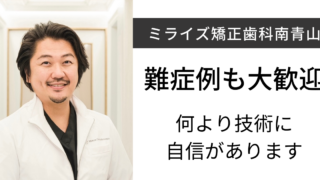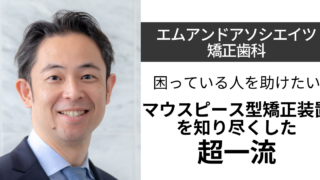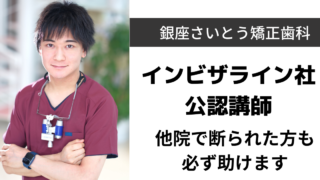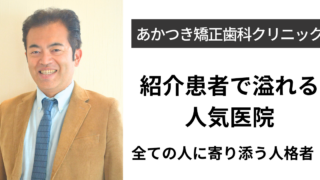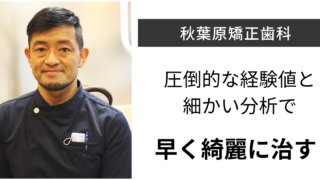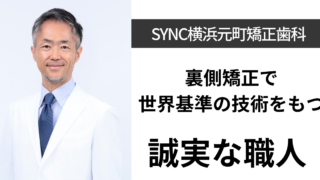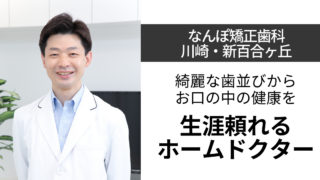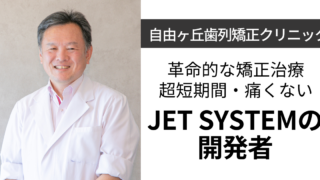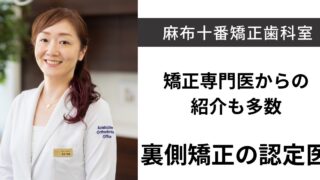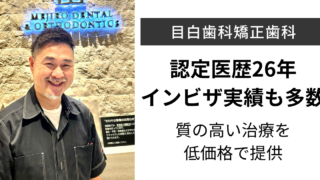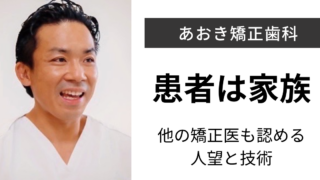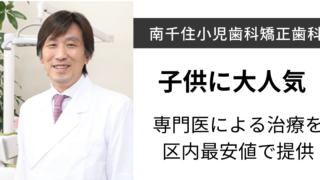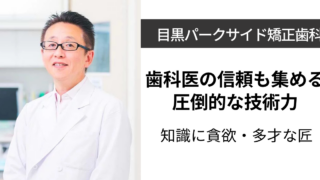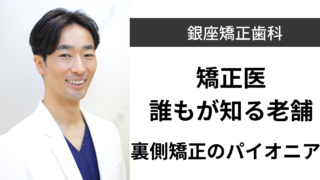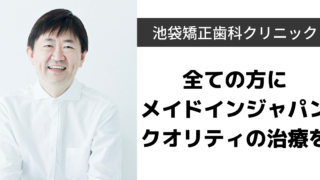
What is the difference between those who need correction and those who do not?
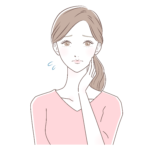
Doctor, what is the difference between those who need braces and those who don't?

People with orthodontically misaligned teeth or abnormal bites are those who need orthodontic treatment.
However, it is also important to consider whether the patient feels that orthodontics is necessary, which is a difficult question.
This time,I will discuss the difference between those who need correction and those who do not!
Difference between those who need correction and those who do not.


What is the difference between those who need correction and those who do not,Are you concerned about the appearance of your teeth, or does a poor bite interfere with eating, pronunciation, etc. in your daily life?
Whether or not you have a desire to fix your teeth.It is.

Huh?"Levels that need to be corrected."Is there any clear difference between the two?

Yes, it is.
Orthodontic treatment not only improves the function of the mouth, but also improves its appearance.
Patient subjectivity is one of the criteria for deciding whether orthodontic treatment is necessary.Because of,
It is difficult to state clearly that it is necessary.
Differences between orthodontic specialists and patients' orthodontic needs.
Orthodontically problematic tooth alignment, such as bucktooth, passive mouth, open bite, overbite (deep bite), and crowded teeth (gappy, uneven, and double teeth), can lead to imbalances in the forces on the teeth and poor dental cleaning, all of which can cause or worsen tooth decay, periodontal disease, and bad breath.
There are also concerns about the deterioration of chewing and pronunciation functions and adverse effects on the temporomandibular joints.
In particular, it is said that a decline in chewing function affects brain function, digestion, and mental health,
From the orthodontic specialist's point of view, even if the patient is not experiencing any difficulty in daily living,
We believe that orthodontically problematic teeth and bites require correction.
The human body, however, grows while changing the jawbone and tooth alignment into a form that can maintain minimal function.
As a result, many people do not experience any difficulty in their daily lives if the condition is not very severe,
Some patients do not need braces because they are not inconvenienced by misaligned teeth.
The need for orthodontic treatment depends on whether it is covered by health insurance or not.
Views on the need for orthodontic treatment differ depending on whether the case is covered by health insurance or not.
Orthodontic treatment can be covered by health insurance for jaw deformities, mal-eruption of three or more anterior teeth, and dental irregularities caused by diseases recognized by the Ministry of Health, Labor and Welfare.
These areThe disease is affecting the function of the mouth and needs to be corrected to improve function."and recognized by the government.
On the other hand, if the malocclusion is not caused by a government-approved disease, the preventive aspect of the disease, such as improving appearance and preventing tooth decay and periodontal disease, is more important.'No health insurance coverage = less need for orthodontia.'It is considered to be a
Therefore, the need for orthodontic treatment is high for those with cases at the level covered by health insurance, and low for others.
However, it depends on the individual's perception of the appearance complex caused by the alignment of the teeth and the inconvenience to pronunciation and eating,It can be said that correction is necessary if the person feels it is necessary, even if it is not covered by health insurance.

Even if they are not functionally inconvenienced, some people want orthodontic treatment because they often have to work with people in the West, where teeth are a status symbol.
Cases requiring orthodontic treatment and cases not requiring orthodontic treatment
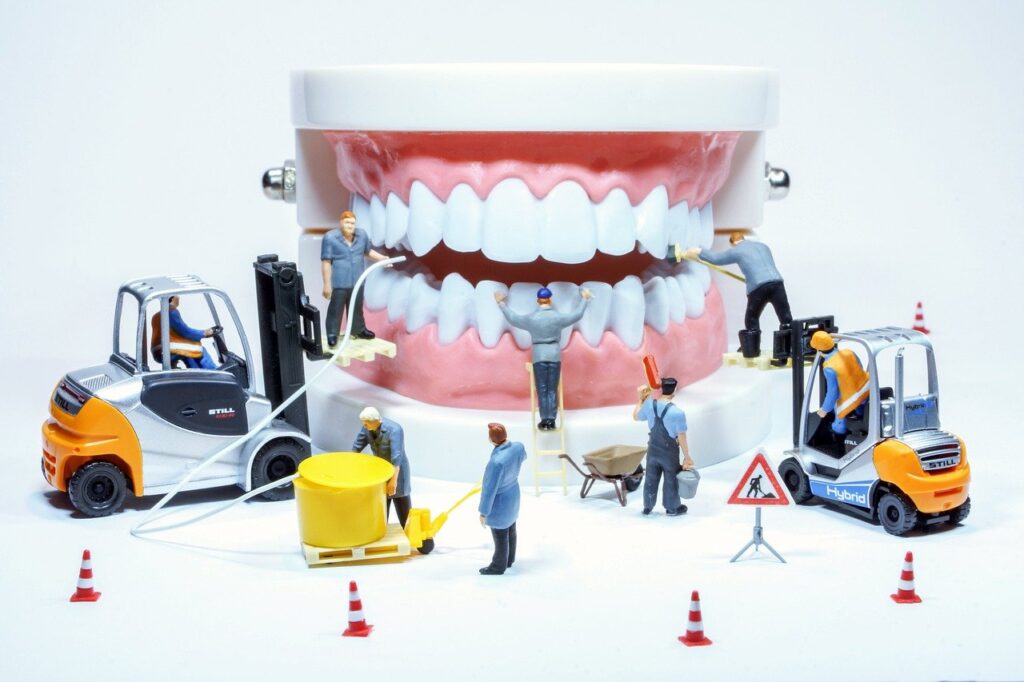

Are there any criteria to determine if correction is necessary?

One way to do this is to use the criterion of whether the teeth are orthodontically problematicIt is.
Here are some cases that require orthodontic correction and some that do not.
Cases requiring correction
Cases requiring correction include the following. Not just one,Multiple(medical) casemay be mixed.
- Maxillary protrusion (bucktooth)
- Prognathism of lower jaw (Receiving mouth)
- Overbite (deep bite)
- open bite
- Pulicosis
- Void dentition (cuspid teeth)
- Crossbite (crossbite)
- upper and lower jaw protrusion
Maxillary protrusion (bucktooth)
Case of upper teeth protruding forwardare. There are cases in which the upper teeth grow outward or the upper jaw is skeletally larger than the lower jaw.
The lips are difficult to close and the mouth appears forward when closed. Also, it is easy to have a gummy smile when smiling.
Prognathism of lower jaw (Receiving mouth)
Cases in which the lower teeth protrude more forward than the upper teeth when chewingIt is. It is caused by the direction of tooth eruption and a large mandible.
In severe cases, pronunciation and eating may become difficult.
Overbite (deep bite)
A case in which the upper teeth are so covered that the lower teeth cannot be seen when chewingIt is.
In deep bites and severe cases, the lower front teeth may hit the gums of the upper jaw, which can easily cause scarring and interfere with eating.
open bite
Cases in which the front teeth do not bite when chewingIt is.
In addition to not being able to chew food with the front teeth, swallowing and pronunciation can easily be adversely affected.
dense growth
Cases with bumpy teeth, overlapping adjacent teeth, or double teethIt is.
Dirt tends to accumulate between teeth and on retracted teeth, and if not brushed properly, can easily lead to tooth decay, gum disease, and bad breath.
Void dentition (cuspid teeth)
Cases with gaps between teethIt is.
There are many variations, such as gaps throughout the dentition or large gaps only between the upper front teeth.
Breath may leak between the teeth, making it difficult to pronounce, or the gap between the front teeth may be noticeable when smiling, creating a complex feeling.
Crossbite (crossbite)
Crossbite is a condition in which the back teeth are in opposite positions, also known as a misaligned bite. The misaligned bites put strain on the jaws and have a negative effect on them, mainly causing TMJ disorder. It also makes it difficult to chew food.
upper and lower jaw protrusion
A bite in which the upper and lower teeth protrude forward is called maxillary prognathism. The jawbone may be forward both at the top and bottom, or only the teeth may be forward. The mouth may be difficult to close, dry easily, or open together.
Cases that do not require orthodontics
Those who do not need correction are those who do not fall into the category of cases that require correction.People who have no bite problems and no concerns about their teeth do not need orthodontic treatment.
Are you someone who needs braces? Do you need braces or not? Self-Check
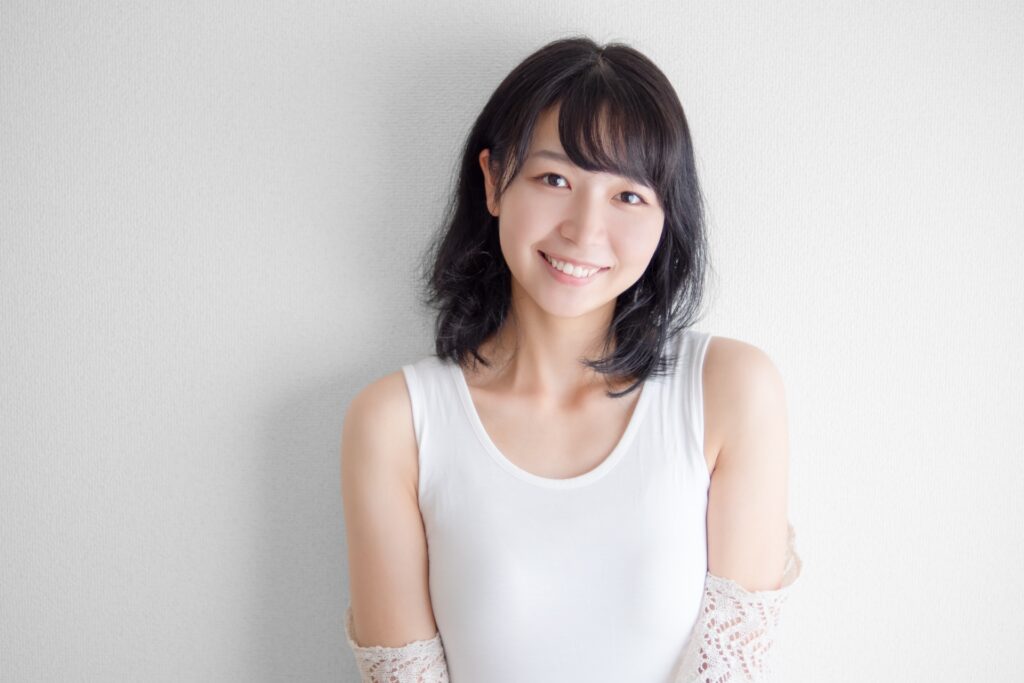
Self-check to see if correction is necessary or not.If even one of the checks isbe decidedIf so, correction may be necessary.
- I'm concerned about the appearance of my teeth.
- I find it hard to chew.
- I find it hard to pronounce.
- Difficulty in brushing teeth due to misaligned teeth
- Dentist told me that my dental problems are related to my bite.
- Inability to chew food properly
- The case falls into the category of cases requiring orthodontic treatment.
- Maxillary protrusion (bucktooth)
- Prognathism of lower jaw (Receiving mouth)
- Overbite (deep bite)
- open bite
- Pulicosis
- Void dentition (cuspid teeth)
- Crossbite (crossbite)
- upper and lower jaw protrusion
If you feel you need orthodontics, consult an orthodontist.
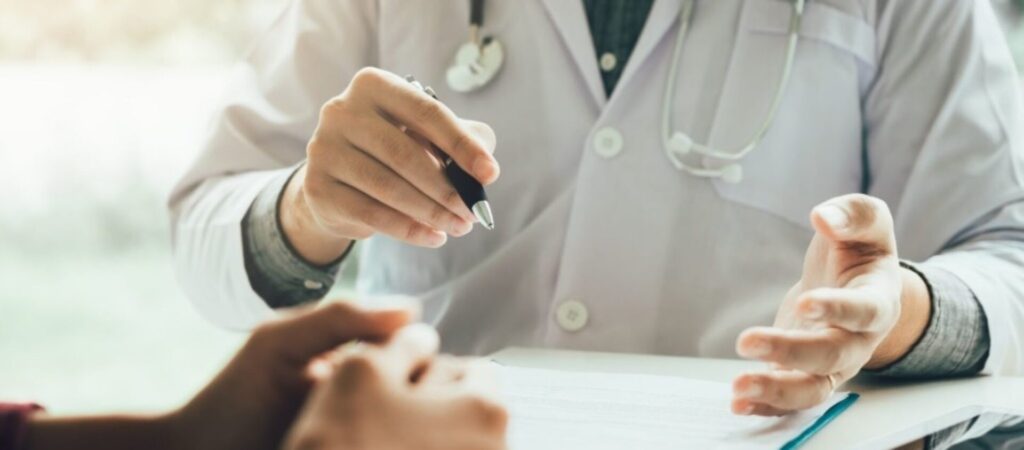
The need for orthodontic treatment depends on the condition objectively examined by an orthodontic specialist and the individual's feelings and wishes.
Therefore,If you feel you need orthodontics, we recommend that you consult with a dentist who specializes in orthodontics.It is.
365dentist publishes useful columns on oral health and beauty, including orthodontics and cosmetic dentistry, and operates an open chat system where you can easily ask questions to dentists.
For those who are considering full-scale orthodontic treatment, we can also help you find a dentist, if you are interested!
RELATED:Should I correct my double teeth? We will tell you how to treat them and how much it costs.
RELATED:What is the condition of beautiful teeth?
365dentist General Supervisor Dentist/Yukiko Katsuya
Graduated from Nagasaki University School of Dentistry, ~2018 Kyushu Medical Center, 2018-present Working at a dental clinic in Tokyo
Supervisor: Dentist/Naomi
After completing clinical training, worked in cosmetic dentistry in Tokyo. Currently a dentist and dental writer.

